5 Books to End Summer on a Literary Note
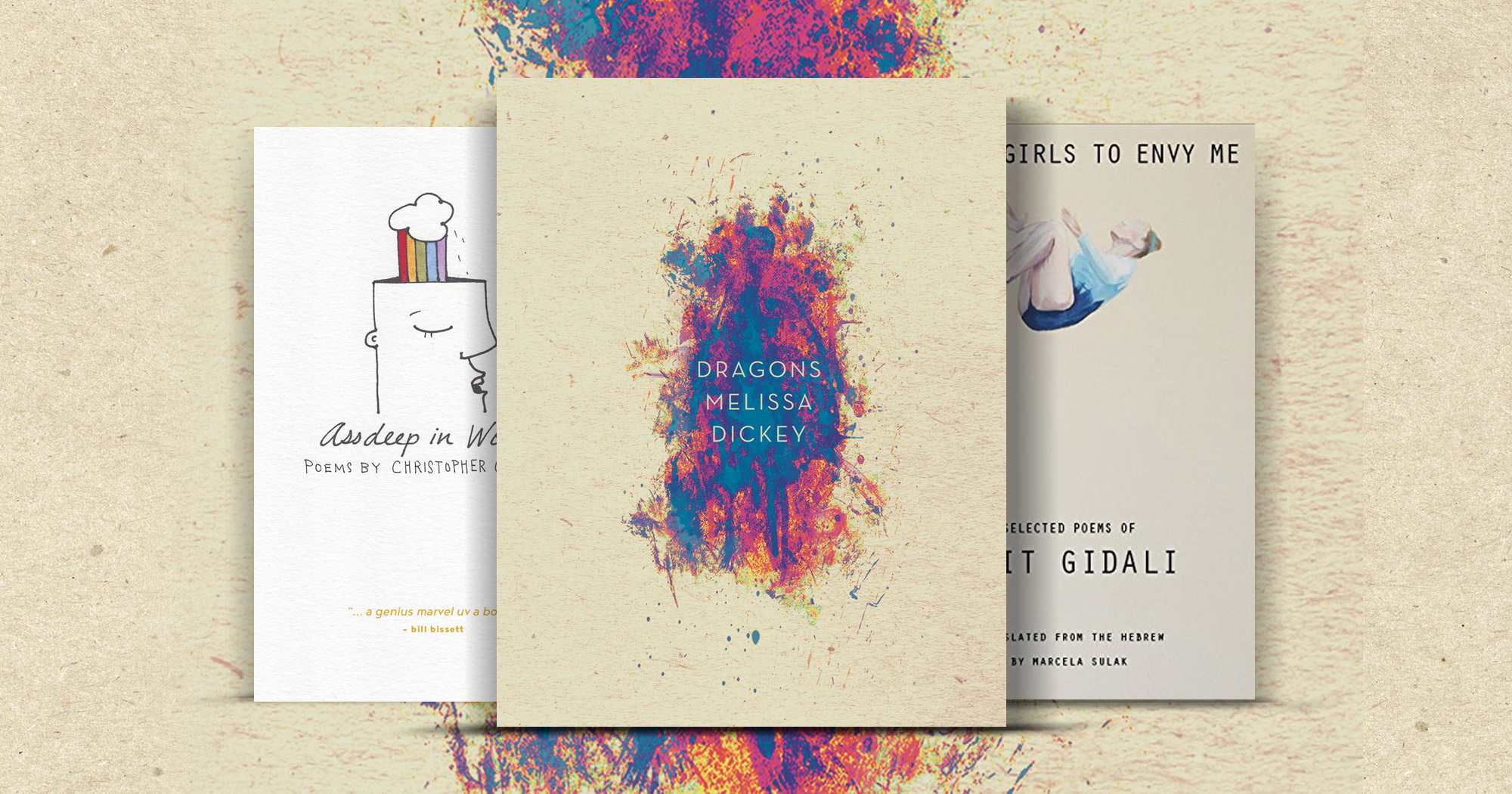
If, in the midst of summer travels, you neglected to pack the freshest literary releases for your midair, or seaside, or air-conditioning-encased, perusal: we’ve got a tidy solution. Below, you’ll find a quick rundown of a few summer titles that are very worthy of your immediate attention—whose lines still make available the rest and restitution that may remain elusive at the end of this vacation season. These include poetry collections whose depths warrant a plumbing, as well as one major novel worth looking for this fall, once the musicality of the warmer months has finally faded away.
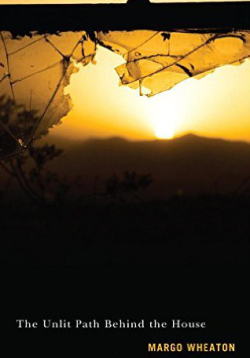
The Unlit Path Behind the House, by Margo Wheaton.
McGill-Queen’s University Press; April 1st, 2016
Softcover $14.95 (106 pp)
978-0-7735-4677-6
There is holiness in the stillness and the wild, as it becomes clear in Margo Wheaton’s new collection. Her poems speak of the ways that the earth’s movements translate through human bodies. They personify winds and snows, while human beings find their cores in nature.
This sharp air’s
orchestral with the advent of rain.
Spiritual cadences abound, deepened by the Gregorian chants and bartering skies referenced within. There’s a near primal purity in these “words it will take / your whole lifetime / to hear,” and it’s well worth stopping to listen and try.
[F]aced with the refrain
of the forest breathing, you can’t
think of a single sentence to formulate
an invocation:
nothing here knows you’re broken.
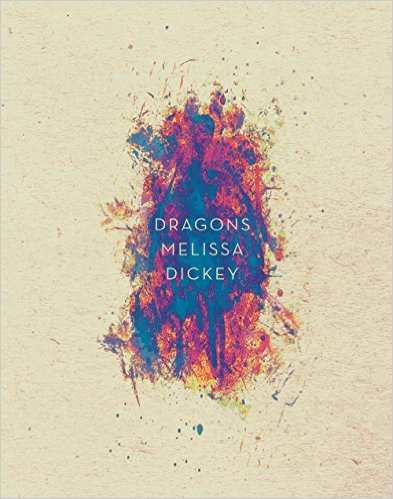
Dragons, by Melissa Dickey.
Rescue Press; May 1st, 2016
Softcover $16.00 (88 pp)
978-0-9860869-4-6
There are good dragons and there are bad dragons, pronounces a new mother in Melissa Dickey’s poetry collection. Dragons encapsulates the potency of modern womanhood, with its fearsome potentiality and its perceived limits, and dances between outside expectations and personal desires:
I did what they said: Hold your baby. Give her a kiss. I did what they said I did what they said I did.
Dickey’s narrations teem with doubt, with need, with awareness of the roles that women are supposed to play and with hope that those limits are not binding. New motherhood proves to be challenging; a lost family member’s once forgotten words haunt a wood that once seemed full of life.
We are are not who we think we are, it’s clearer all the time.
The exquisite yearning in these lines, coupled with their occasional brutality, makes this an emotionally challenging, and always rewarding, collection.
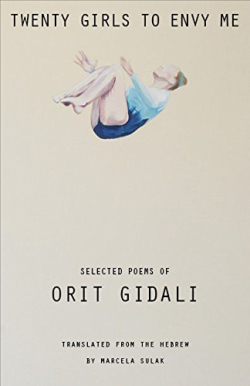
Twenty Girls to Envy Me, by Orit Gidali, translated from Hebrew by Marcela Sulak.
University of Texas Press; July 12th, 2016
Softcover $16.00 (130 pp)
978-1-4773095-7-5
Orit Gidali’s poetry reflects segments of the contemporary Israeli psyche: awareness of fragility; a ferocious love for a complex inheritance; and a desire for the cessation of violence, as much for one side as for the other. Translated from Hebrew—a language that only lives in the mainstream because of Israeli pioneers, and which centers these poems all the more in a particular time and place—these lines weave themes of motherhood together with fears of impermanence, borrowing and reworking biblical tropes, even as they look cautiously toward an uncertain future:
Now just get out…
Or even better, don’t go out and we will upholster the walls with more books. Not to save us, but to augment our weight, to sink together, comforted in the depths.
Puns await those with a firm grasp of both languages, as the Hebrew originals are maintained alongside their translated counterparts. Whether Gidali is wrapping her words tenderly around her children, pushing aside worries about their futures with the IDF, or contemplating the evolution of love by aligning it to that for a biblical king, she arrives at meaning, or strives toward it, poignantly.
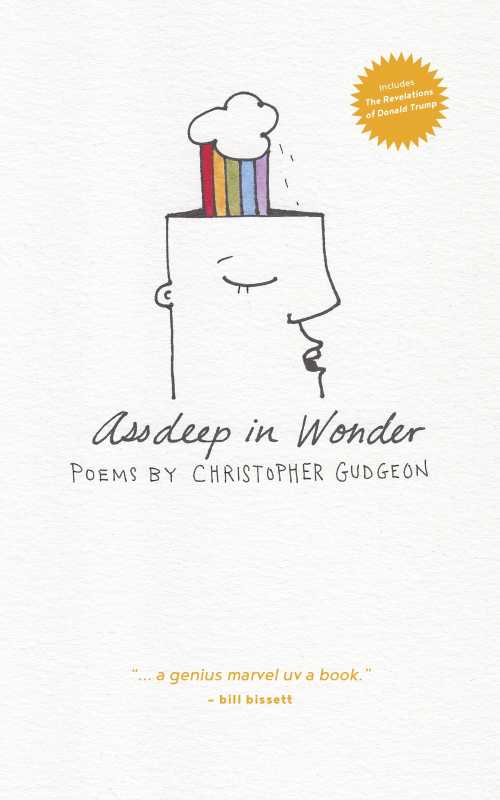
Assdeep in Wonder, by Christopher Gudgeon.
Anvil Press; August 25th, 2016
Softcover $18.00 (96 pp)
978-1-77214-052-1
Gudgeon’s first poetry collection is a quirky valentine to irreverent readers, full of stark and pretty imagery, wry quips, and glorious bursts of vulgarity. Its foci include human foibles, Canadian eccentricities, and, always, copulation:
There is small gravity inside you; I
spring across your moonscape, pin your wrists
above the bed. You bite my chin and we
celebrate a darkness colder than love.
Interspersed with such moments are frenzied trips into clever, expletive-ridden territory, or into broad, sardonic criticisms of heteronormativity, culture, and identity:
Canada is a peacekeeper’s bullet,
a priest’s love child,
a barren cow, a moose calf learning to walk
on ice.
It pokes fun at world leaders—a poem that renders Trump a kind of reverse prophet is particularly scathing (“I have come to annihilate worlds….don’t worry, you’ll get used to it.”)—and fellow poets, trading between indictment and semi-cruel affection. This is a collection that metes out unfiltered bits of hard reality without compunction.
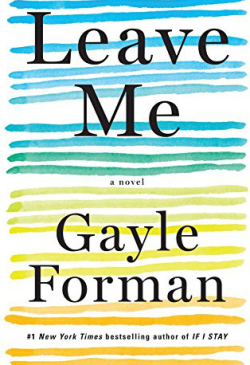
Leave Me, Gayle Forman.
Algonquin Books; September 6th, 2016
Hardcover $26.95 (352 pp)
978-1-61620-617-8
Somewhere between feelings of latent crisis and ennui, Maribeth Klein had a heart attack. Only she didn’t realize it was a heart attack—not until the emergency room attendants rolled her into surgery and away from any sense that she was in control of her own destiny. With no one around her seeming to understand how lost she feels, Maribeth reacts on impulse and escapes, leaving the state in search of her birth mother, and of answers: why did you leave me? Gayle Forman’s first novel specifically for adult readerships takes on modern feelings of disconnection, even in the face of great outward success. Maribeth, untethered, is able to work through all of the looming questions that many adults don’t feel free to examine, particularly questions around the strength, and purpose, of the relationships we choose. At times funny, at times heartbreaking, Leave Me is a promising entrance into adult genres for the already-bestselling author.
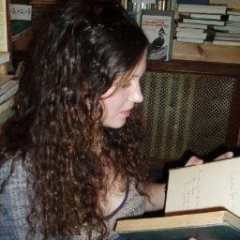
Michelle Anne Schingler is deputy editor at Foreword Reviews. You can follow her on Twitter @mschingler or e-mail her at mschingler@forewordreviews.com.
Michelle Anne Schingler
